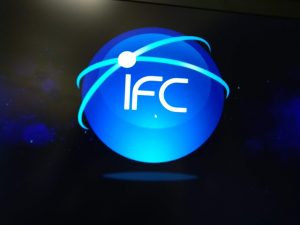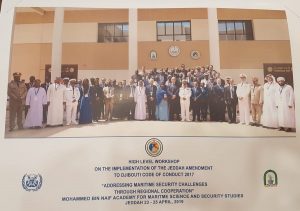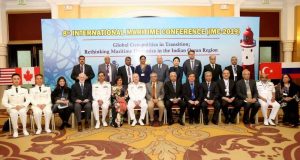On the 12th and 13th of July I attended a workshop in Frankfurt which had the objective to explore the different contributions the recent book by Fritz Kratochwil makes to different social science debate. In Praxis: On Acting and Knowing, published in 2018, Kratochwil presents a new reading of political practices based on a discussion of Aristotle, Hume and Wittgenstein. The book explores different kinds of international practices drawing on a wide set of examples drawing mainly from international law.
Participants explored different aspects of the book and how it is linked to questions of international systems and differentiation, temporality, history and change, and in what ways it offers a new way of theorizing. In my own contribution I investigated what style of theorizing the book offers, pointing to its practice of building associations. I also asked what the methodological consequences of such an understanding of theorizing are.


